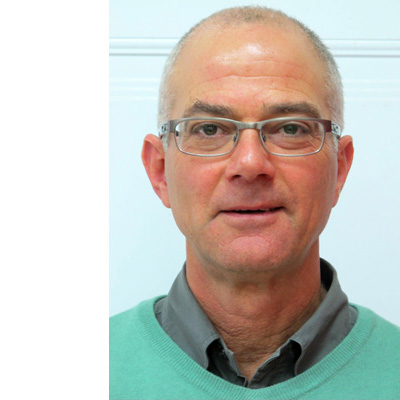
- This event has passed.
CGS Lecture: Dr. Ittai Gavrieli, Geological Survey of Israel
April 26 @ 2:00 pm - 3:30 pm

Colorado Geological Survey Lecture, April 26, 2024, Berthoud 241, 2pm
Ittai Gavrieli, Geological Survey of Israel
The Dead Sea: Past and Present as Keys to its Future in Light of the Water Shortage in the Levant
Abstract: The Dead Sea (DS), the lowest place on the continental Earth is a hyper-saline terminal lake. The brine has a unique geochemical composition that evolved from evaporation of seawater which transgressed into the Dead Sea Rift Valley in the early Pliocene, followed by precipitation of evaporites and intensive water rock interactions. Since then, the DS basin has been occupied by a series of water bodies of different characteristics and areal extents. The sediments deposited from these lakes are excellent archives of the paleo-climate of the Levant as well as the lakes’ limnological evolution. In particular, pore water extracted from sediments recovered by the ICDP Dead Sea Deep Drilling Project record changes in the water balance of the paleo lakes and the geochemical response to climate changes. These records are a key to the understanding of the future evolution of the Dead Sea in light of climate change and the water scarcity in the region. Modern diversion of freshwater from the drainage basin of the DS, mostly by Israel and Jordan, as well as evaporation of the brine in ponds of the DS chemical industries, has resulted in water level drop of more than 40 m since the 1960s. Currently water level drops at an unprecedented rate of over 1 m/yr, with water level approaching what appears to be the lowest stand the Dead Sea and its paleo lakes have ever attained. The dramatic water level decline is accompanied by rapid hydrological and geomorphological processes along the retreating shores of the lake, which often make the area unsafe and the lake un-accessible. The desiccation of the DS and the associated environmental impacts has led to outcry to “save the Dead Sea”, which culminated in the proposed Red Sea – Dead Sea project to convey reject brine from desalination to the DS, agreed upon by Israel and Jordan. The aim of this project would be two-fold: 1) Provide badly needed potable water to Jordan 2) Slow down, stabilize or even raise the lake’s water level by discharging the reject brine to the DS. However, our “Dead Sea study”, submitted to the World Bank and the beneficiary parties, indicate that mixing of the reject brine with the DS brine will have its own environmental impacts. The pro and cons of these as well as the political and social significance of the said project remain at the center of the discussion of the future of the Dead Sea.
Short Bio: Ittai Gavrieli is a senior scientist at the Geological Survey of Israel and its former director (2008-2014). He is currently on a sabbatical leave at CU Boulder with Boswell (Boz) Wing and his Geobiology group.
Ittai received his BSc MSc and PhD from the Hebrew University of Jerusalem and since then has been with the Geological Survey of Israel. He is a geochemist of aqueous systems, spanning from hydrogeology to limnology with research focusing on fundamental questions such as mobilizations of trace elements under changing redox states, groundwater ages, flow paths and water-rock interaction over time and space, and brine evolution. In his studies he employs a range of analytical tools, from basic chemistry and traditional isotopes to non- traditional isotopes such as Sr-88, Magnesium and Chlorine isotopes. His research encompasses subject such as the sources and mobilization of arsenic in the groundwater of Bangladesh, Mn mobilization in soil aquifer treatments of wastewater, nitrogen cycles in the Sea of Galilei, the salt Giant of the Messinian Salinity Crisis in the Eastern Mediterranean and more.
Ittai has been involved in the study of the Dead Sea for several decades, and has spent many days cruising on the lake. Between 2009-2011 he served as the chief scientist for the Dead Sea study funded by the World Bank to evaluate the impact of the Red Sea Dead Sea Canal on the lake itself. This study has become the corner stone of all discussion on the future of the lake.
In his capacity as the director of the Geological Survey of Israel Ittai was, and continues to be involved in various aspects of science policy and discussion with policy makers, advocating for science based decision. He is also a member of Israel National Council for Civilian Research and Development.
Food/ Refreshments will be served.
